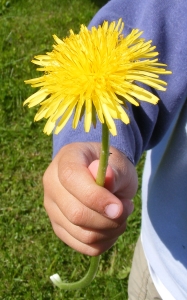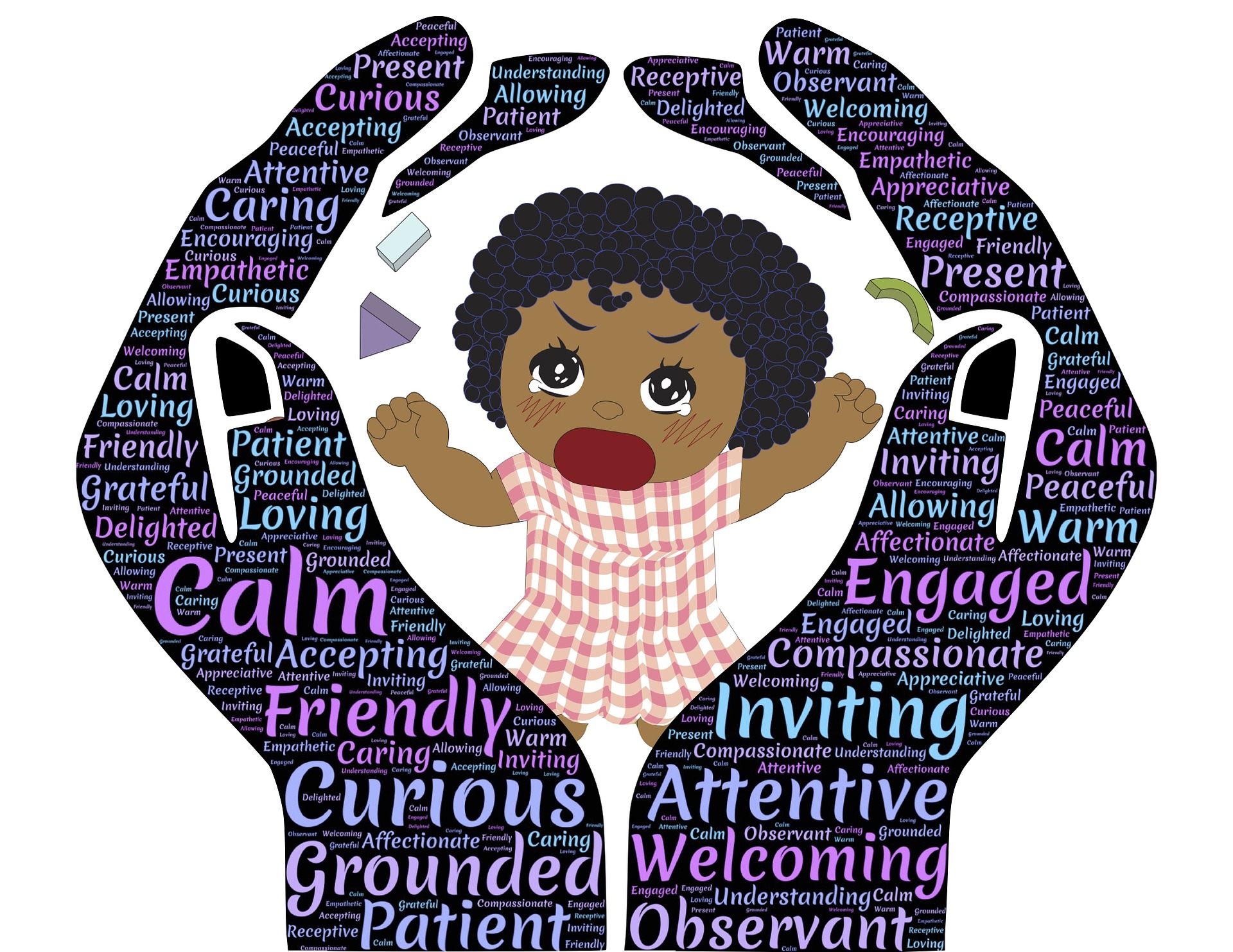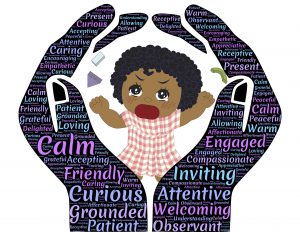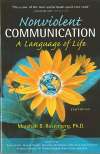Editor’s Note: This post was originally published on 2/9/2015. Written by Lysa Parker & Barbara Nicholson, API cofounders and coauthors of Attached at the Heart — this article captures the essence of Attachment Parenting, and this year’s AP Month 2016 theme, “Nurturing Peace: Parenting for World Harmony.”
We often reflect on whether or not API has made a difference in our efforts toward peace. API isn’t about promoting just parenting strategies: We have a broader long-term vision we have often described as “peaceful parenting for a peaceful world.”
We are living in a time in history that is both grave and great.
I heard a commentator say once that “stumbling into peace is better than rushing to war.” That is not a strategic plan for peace, and we know that governments and nations are less likely to make that a priority. It is the citizens, each and every one of us, who will create lasting change.
We know that, like punishment, war provides temporary results. So, as our world goes through its painful transformations, we continue to do the work of peace each and every day in our homes. We tend to want to have a quick fix, but the most lasting and effective peace will take generations.
Those of us involved with API do so because we want to be a part of something bigger than ourselves and to have an anchor in our own lives to help us transform, to undo our own negative internal programming, to learn to live — and speak — peacefully.
 In a real sense, we are pioneers in creating a new paradigm in parenting and living.
In a real sense, we are pioneers in creating a new paradigm in parenting and living.
It isn’t easy, and as we learn, we will make mistakes. But from those mistakes come wisdom. We can’t let our mistakes immobilize us, but let us look at those times as opportunities to understand ourselves. Our support group community provides us with a net of safety to share, to be validated and supported.
API Support Groups are a foundational community for practicing peace, with our children and each other. These communities provide the opportunity to practice and engage in the language of peace: Nonviolent Communication (NVC).
This language style has and continues to teach me so much. I wish I had known about NVC when my children were small. Still NVC benefits me as an adult, both in talking to my grown children and other adults. NVC creator Marshall Rosenberg gave all of us a gift of skills that teaches us to:
- See the need behind the behavior
- Give us the vocabulary for our feelings and needs
- Teaches us to use “power with” rather than “power over” our children
- See each other’s humanness at the need level
- Move away from punishments
- Bring about peaceful change that begins with working on our own mindsets
Gordon Neufeld of the Neufeld Institute and Gabor Mate have also made major contributions to our understanding and skills to parent peacefully. They have taught us to look past our child’s behavior to find the unmet needs and strengthen parent-child connections.
That’s a radical departure from our culture where we feel we have to punish for every misdeed.
What we say and how we say it can make the difference between building relationships or breaking them down. We have to learn this new language of peace to accompany our actions toward peace, beginning in our own families. It is the essential component toward creating a peaceful world.






